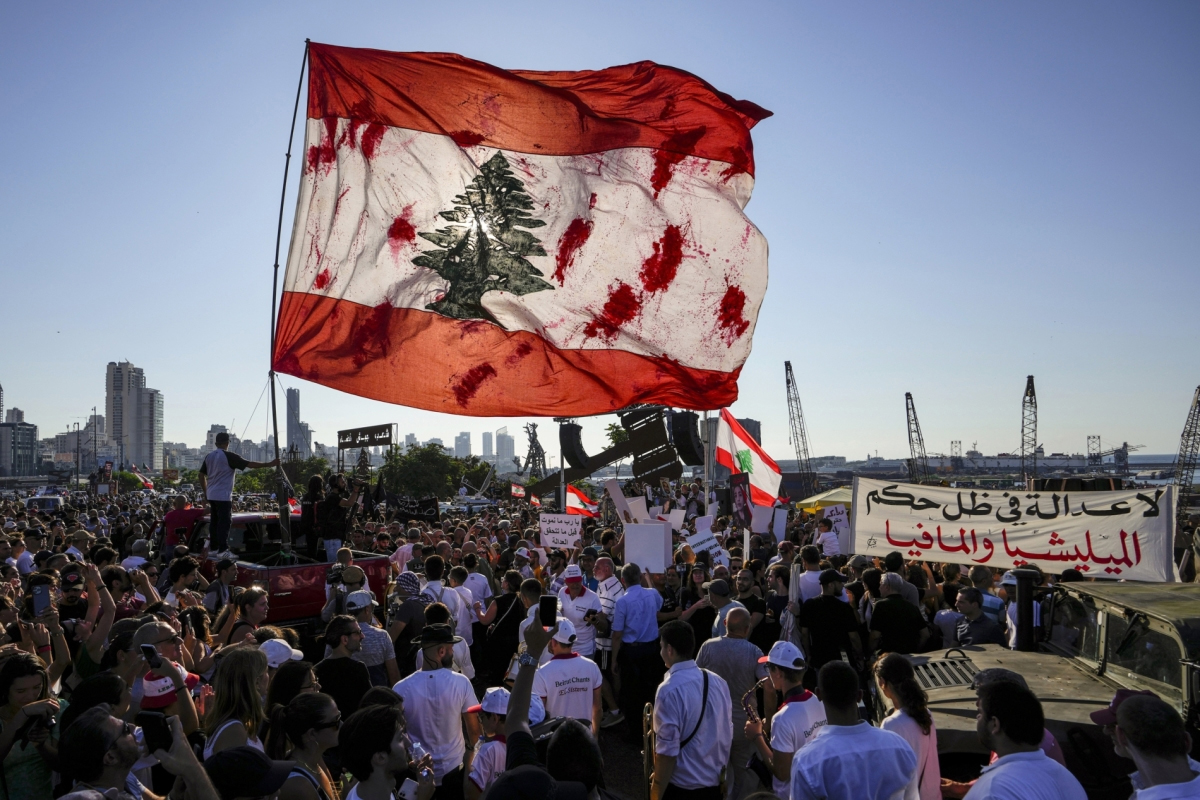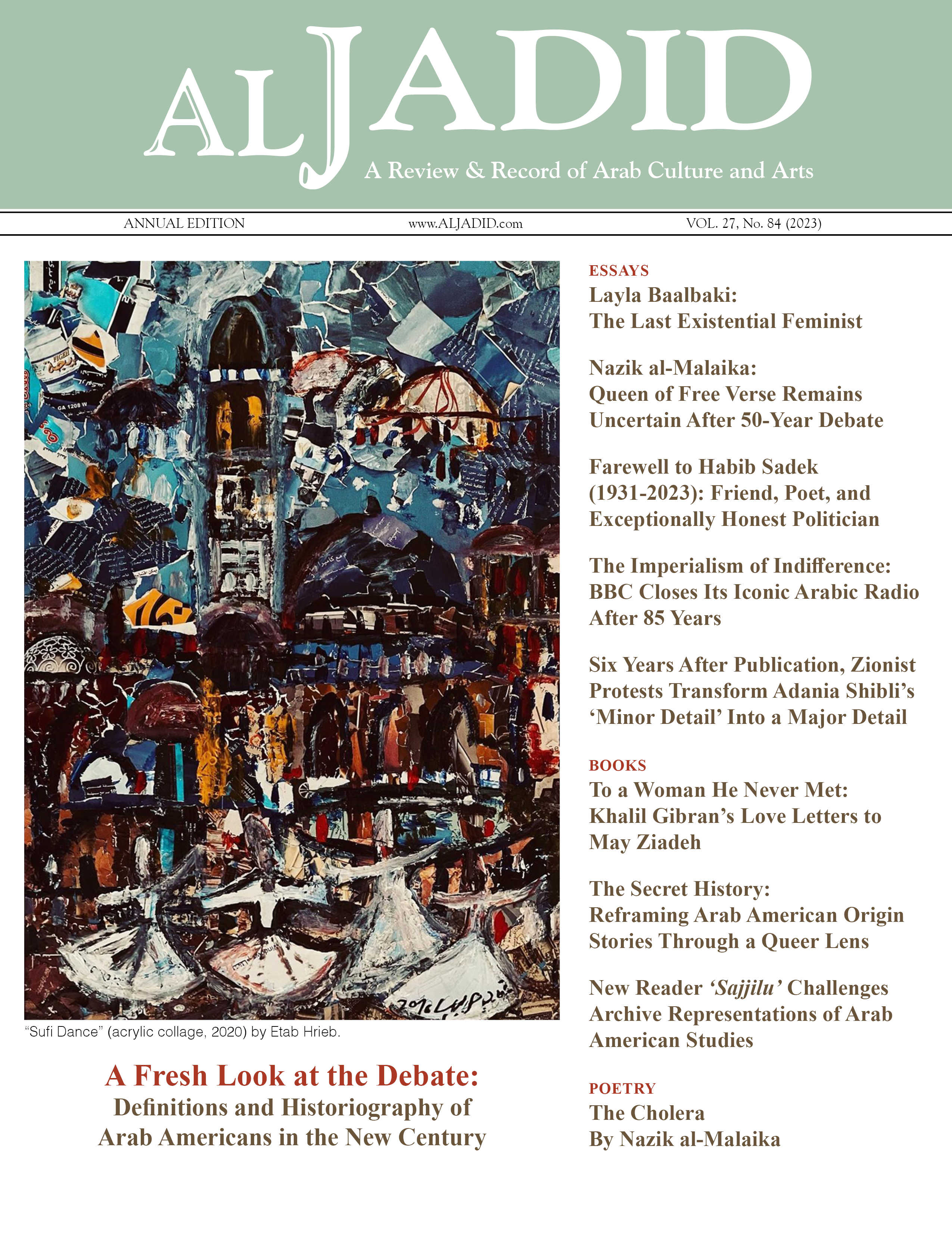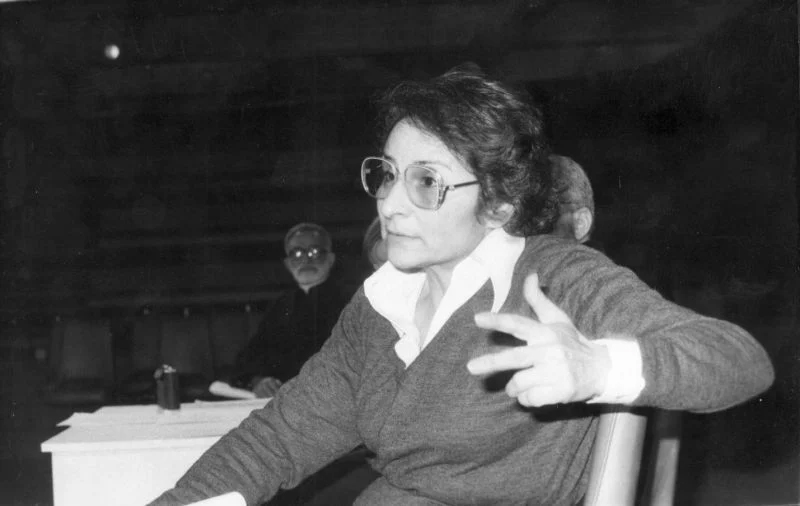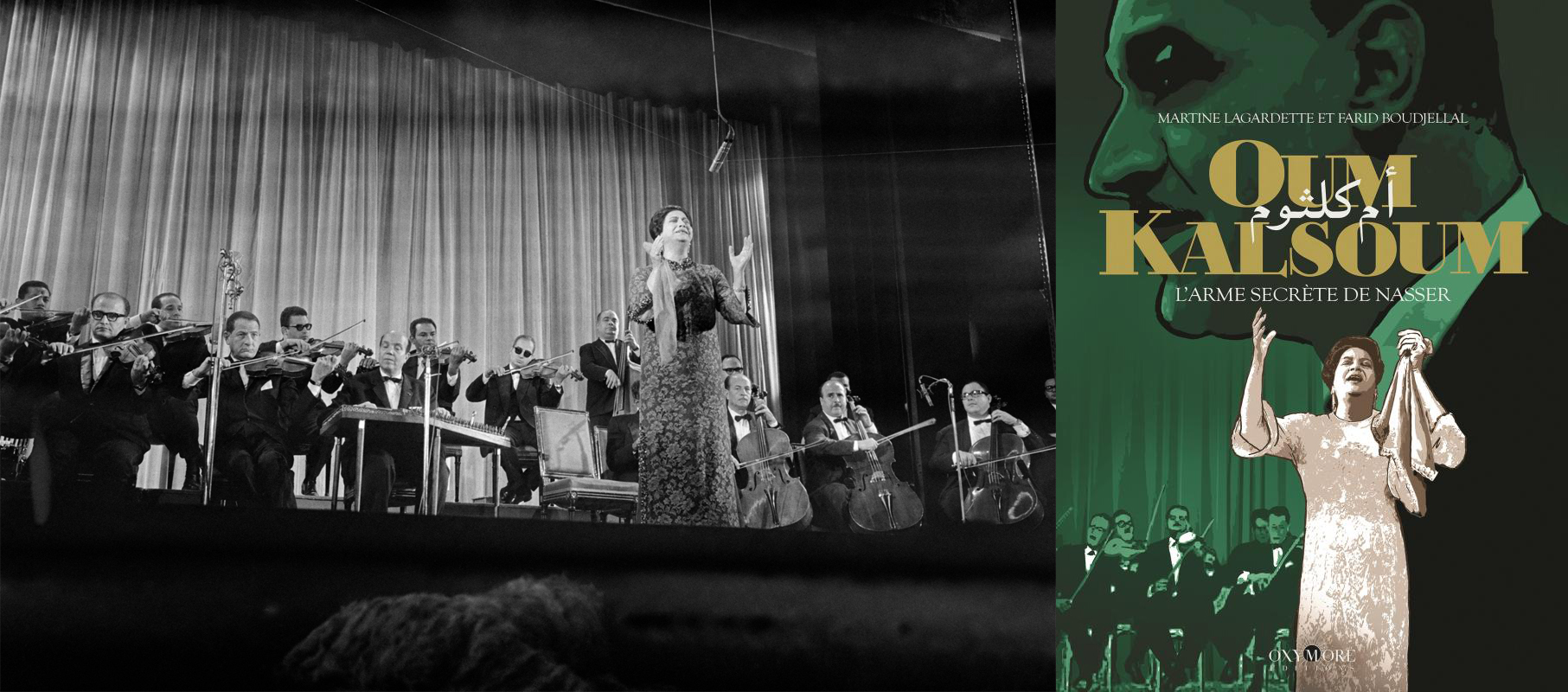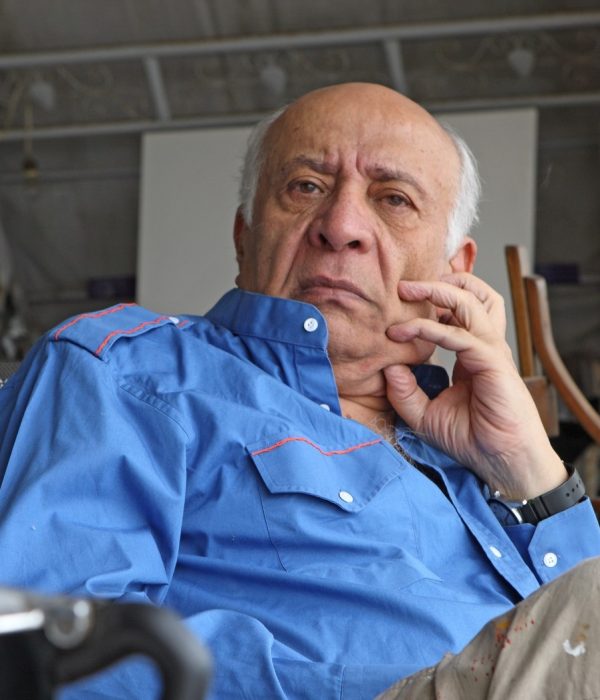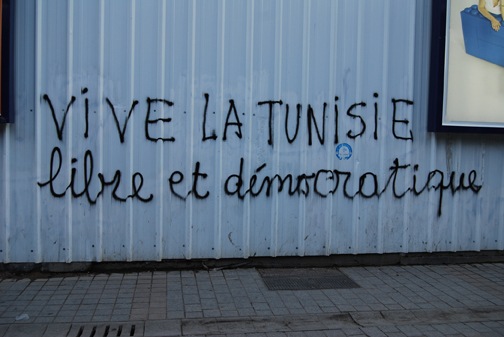
Assia Djebar (1936-2015)
Assia Djebar has been a problematic for some Arab intellectuals, both when she became an "immortal" or a life-long member of the prestigious French Academy, and when her name was frequently mentioned as a Nobel Prize contender. Her recent death on February 6 proved no exception. As her body lay in one of Paris’ hospitals, the same questions arose: Why were her works not translated enough into Arabic, while her novels were translated into scores of other languages? A valid question.
Etab Hreib on Conflict, Commercialism , and Sexism in Syria’s Current Art Movement
Critically acclaimed Syrian watercolorist, Etab Hreib, a native of Der-Ez-Zor, graduated from the Graphic Arts Department of the University of Damascus. Since then, she has exhibited her work in various parts of the world. She was the recipient of the Al-Mahros Golden Award in Tunisia, a Golden Award from the Chinese Ministry of Culture, and an award from the Ministry of Culture in Algeria.
Evelyn Shakir: Memoirs of an Arab-American Writer, Teacher, and Humanist
Teaching Arabs, Writing Self, Memoirs of an Arab-American Woman
By Evelyn Shakir
Olive Branch Press. 2014. 170 pp.
Documentary Film Gives Voice to the Erotic Body
Jasad & The Queen of Contradictions
A film by Amanda Homsi-Ottosson
Women Make Movies, 2011, 40 minutes
The Only Diner in the Restaurant: A Travel Writer’s Perspective on the Arab Spring
A Tourist in the Arab Spring
By Tom ChesshyreBradt Travel Guides, Ltd.
Bradt Travel Guides, Ltd.The Globe Pequot Press Inc., 2013
The Globe Pequot Press Inc., 2013
The American Mirage: Immigrant or “Un-American?”
In the House UN-AmericanBy Benjamin Hollander
By Benjamin HollanderClockroot Books, 2013
Clockroot Books, 2013

